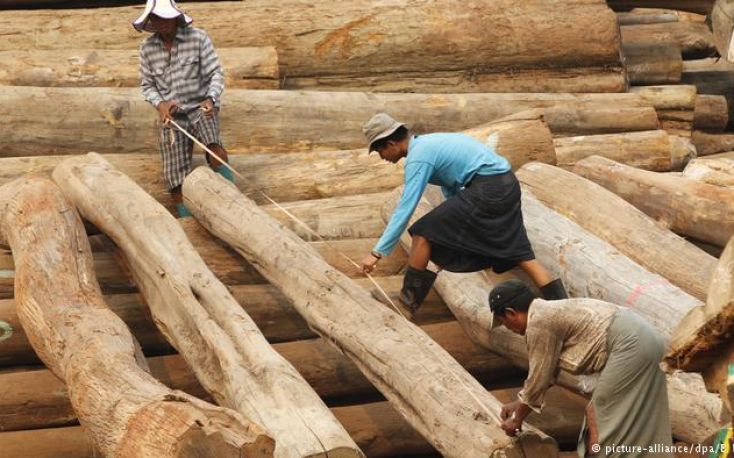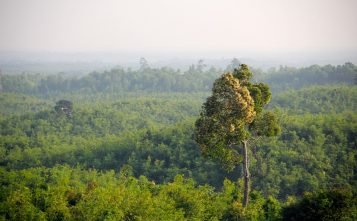An international alliance of yacht sector and associated organisations has cautioned against a ban on trade in Myanmar teak. Instead it urges industry, governments and NGOs to support the country’s efforts to reform forest management and improve legality assurance.
The Large Yacht Cluster (LYC) comprises shipyards, teak importers and suppliers, national and international trade bodies and NGOs. Its core aim is a ‘sustainable teak value chain’.
The organisation says teak is prized in yacht making, not just for aesthetics, but also its durability and anti-slip characteristics and the fact that it does not warp, attract insects, or absorb moisture.
At the same time the cluster says it is “fully aware of the fragile status of teak and the consequences of unlawful traded timber”.
However, it warns that banning trade in the timber will only promote exports to less environmentally concerned markets, reduce support for Myanmar to strengthen environmental controls and undermine its ability to tackle illegality.
The cluster says the requirements on legality assurance of the EU Timber Regulation, US Lacey Act and Australian Illegal Logging Prohibition Regulation are promoted in the industry, as well as 'certification references such as FSC and PEFC'.
But it also urges greater international harmonisation of market legality requirements 'to ensure a global approach, a level playing field and harmonised enforcement'.
It additionally backs development of alternative materials to partly spare teak and is working on guidelines for using less teak per vessel to reduce pressure on stock.
The core appeals in the position paper are for: international support for Myanmar’s efforts to create a sustainable teak value chain; endorsement of this stance from national and international institutions and trade bodies; support for education of the yacht industry on teak issues; national enforcement agencies to work collaboratively – 'taking a constructive approach and refraining from unconstructive and unequal measures and penalties against those that do their utmost’.



Leave a Reply